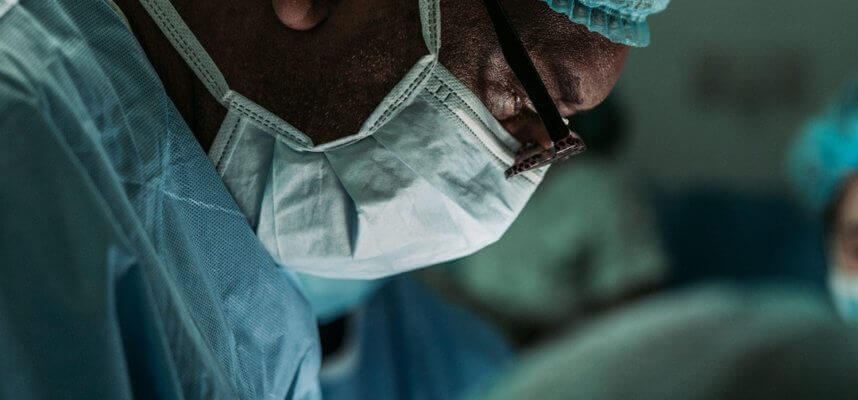A dental implant is a small, medical-grade titanium post that is inserted into the jaw and supports the final dental restoration. Whether a tooth must be removed, or it is already missing, dental implant placement is the best restorative solution to ensure the long-term health of the mouth. Oral and maxillofacial surgeons Dr. Andrew Boyce and Dr. Kyle Tracy provide patients with a variety of restorative solutions utilizing dental implants that not only eliminate tooth pain but restore a beautiful new smile that patients will be proud to show. Below is what to know about dental implants and if they are right for you!





